This weeks funding opportunities:
NERC’s Policy Placement Fellowship Scheme allows researchers and other staff involved in environmental science research to work closely with policymakers within government and other public and third sector organisations in the UK. The scheme also allows placements of government and third sector policymakers to work within NERC head office and research centres.
NERC has launched three opportunities for policy placements with:
- Welsh Government
- Scottish Government
- Go-Science
Please note this scheme is not open to research students. NERC has a separate policy internship for students.
Fellowship policy placements are organised by NERC in collaboration with a policy-making body, for example a government department, devolved administration or agency. The applicant applies for the position, which will be for a fixed term and on a specified topic. The placement is jointly funded by NERC and the partner organisation on a 50:50 basis, with the exception of NGOs, who are asked to provide 25% of the funding. Successful applicants will be awarded a NERC grant. During the placement, the fellow will remain employed by her/his institution. Applicants must be from a NERC research centre or a HEI in receipt of NERC-funded research. The fellowship can be taken up by post-doctoral researchers at any stage of their career or policy makers with at least two year-experience. Requirement for each fellowship may vary and this will be specified in the announcement of opportunity.
Sabbatical arrangements available to the applicant will not count towards the fellowship period, but could add value to it, before or after.
Closing Date: 08/July/2015
In July 2013, ESRC piloted an Urgency Grants Mechanism, managed on a responsive mode basis, to respond to rare and unforeseen events where there is a strong case for immediate social science research. Following a review of the pilot scheme, Urgent Research Grants are now run on a strategic basis, with ESRC inviting calls for projects in areas deemed to require rapid action. We are now opening an Urgent Research Grant all for projects related to the currently unfolding migration crisis in the Mediterranean. Through this call, we aim to test and demonstrate the capability of the UK social science community to respond to urgent social crises. We aim for projects to commence by 1 August 2015.
Proposals are expected to demonstrate:
- a robust social science methodological framework to conduct qualitative and/or quantitative research among migrant groups, informed by appropriate, current social science conceptual frameworks
- suitable connections with governmental and/or non-governmental actors in one or more relevant countries to enable access to the migrant populations
- a management plan for how the project will enable fieldwork to commence in a matter of weeks
- plans to make the data and analysis available as quickly as possible to relevant practitioners and policymakers, with appropriate considerations for security, privacy, confidentiality and research ethics.
We invite proposals for a duration of up to 24 months, to a maximum amount of £200,000 (100 per cent fEC). As normal, ESRC will pay 80 per cent of the fEC, with the research organisation contributing the other 20 per cent. This length of time is intended to enable analysis of the data, and potentially some additional fieldwork in 2016. However, we expect that the majority of data collection activity will take place this summer and early autumn. We expect to fund one or two projects under this call.
Key dates
Project outlines must be submitted by 16.00 UK time on 9 June 2015
Full proposals must be submitted by 16.00 UK time on 30 June 2015
Grants to commence – 1 August 2015
Up to £1 million is available for Phase 1 of this two phase competition funded by theMinistry of Defence (MOD).
The mission of the MOD’s Defence Equipment and Support (DE&S) is “To equip and support our Armed Forces for operations now and in the future.” DE&S is responsible for procuring and supporting all the equipment and services for the UK Armed Forces.
The ability to operate in harsh, hostile and toxic environments, whilst maintaining operational effectiveness is an enduring challenge. The overall aim is to provide fit, form and function. That is, provide the user with IPE that is comfortable to wear whilst also ensuring the user is able to operate safely, effectively and efficiently; whether this is on land, sea or in the air (or a combination of these).
The overall aim of the E-IPE challenge is to improve user effectiveness through a coherent and integrated clothing and protection system and bidders are requested to focus on one or more of the following seven key themes:
- CBRN Protection – low burden, broad spectrum respiratory and dermal protection against toxic vapours, liquids and aerosols via integration with existing operational equipment
- Climatic/Environmental Protection – for integration of protective clothing against extremes of hot and cold e.g. on the upper deck of a carrier
- Fire Protection – enhanced level of protection and reduction of the thermo physiological burden of the fire protection on board ships/carriers
- Industrial Protection – for personnel against, for example, hazardous materials or substances, noise etc
- Blunt and Ballistic Protection – for integration of protective material into clothing without unduly affecting the human factors (bulk, thermal burden, range of movement)
- Enhanced Hand Protection –to increase the capability and interoperability of gloves whilst providing increased functionality e.g. touch screen capability
- Novel Fitting Techniques – to enable accurate measuring of the user for IPE in order to improve the accuracy of armour positioning and optimise the sizing and fit.
This competition opens on Monday 1st June and will close at 12 noon on Wednesday, 29th July, 2015.
A briefing event will be held in London on Tuesday 14 July 2015.
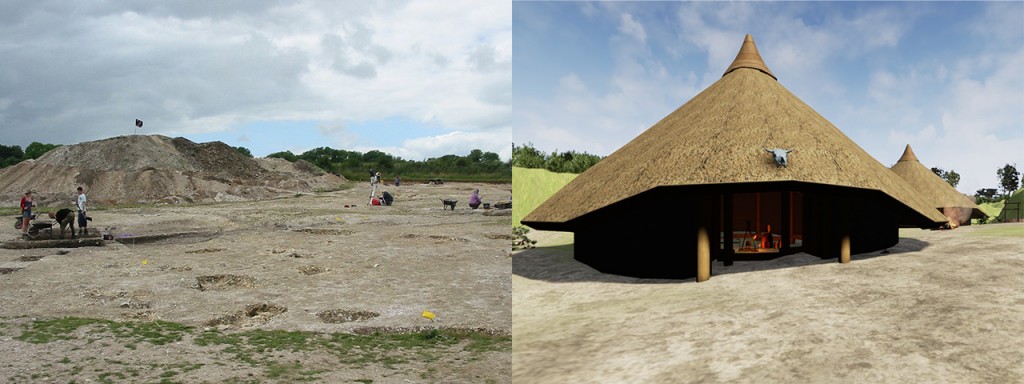

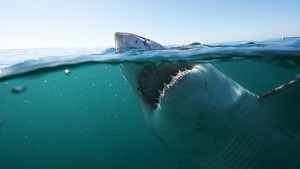






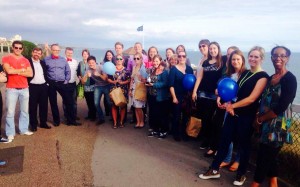
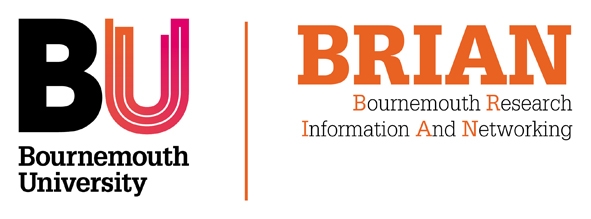
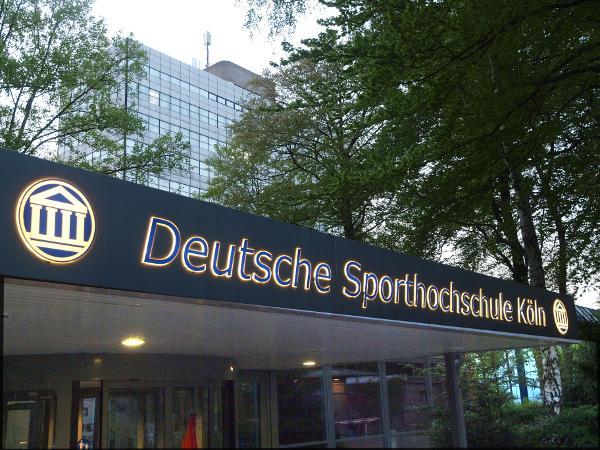
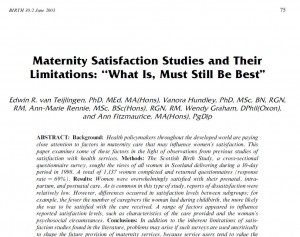
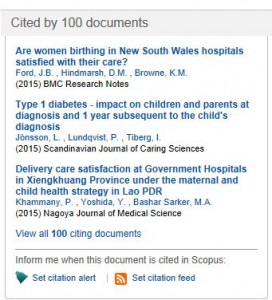


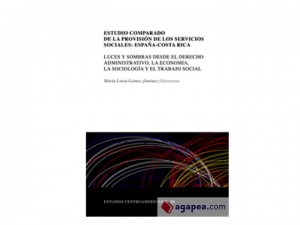











 Upcoming opportunities for PGRs – collaborate externally
Upcoming opportunities for PGRs – collaborate externally BU involved in new MRF dissemination grant
BU involved in new MRF dissemination grant New COVID-19 publication
New COVID-19 publication MSCA Postdoctoral Fellowships 2024
MSCA Postdoctoral Fellowships 2024 Horizon Europe News – December 2023
Horizon Europe News – December 2023